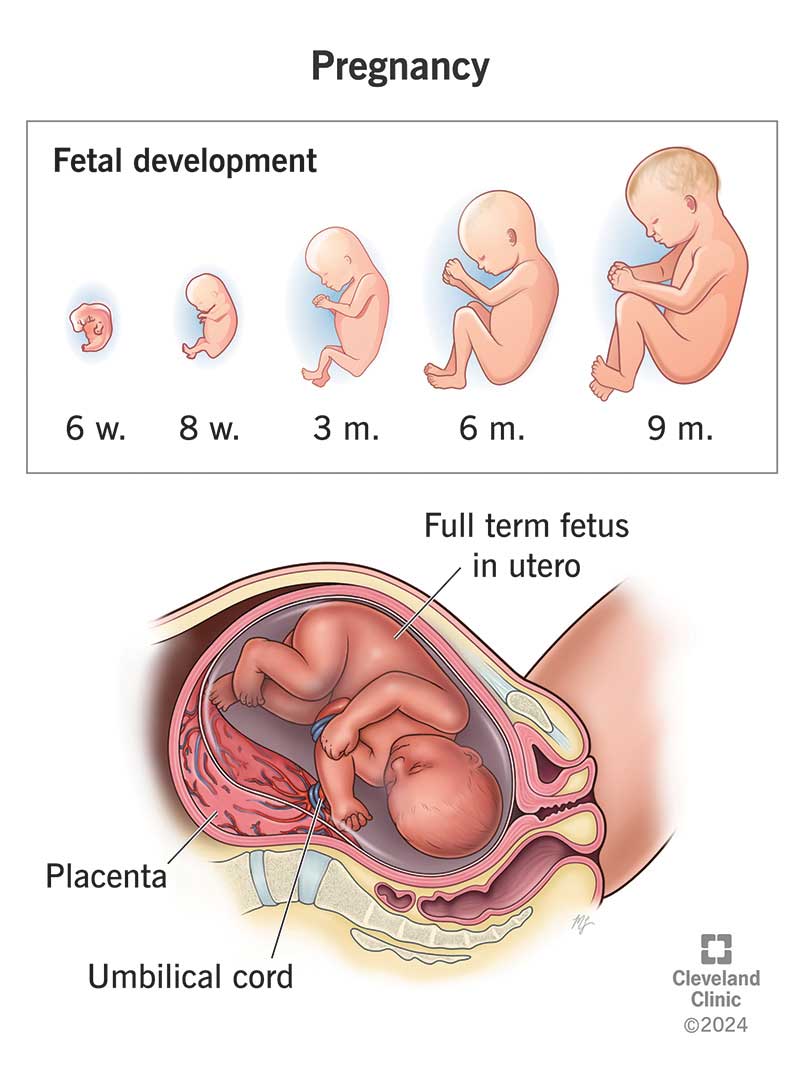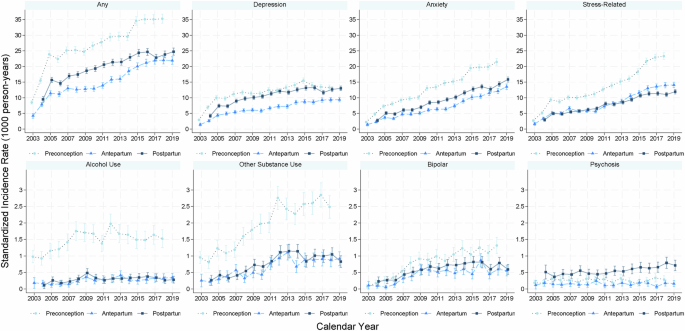:max_bytes(150000):strip_icc()/pregnant-woman-sitting-on-bed-holding-her-back-in-pain-580751153-5a32cfecbeba330037289399.jpg)
Having the common cold when you’re pregnant is tough. Congestion can make it challenging to eat well and get enough sleep. You may also worry if a cold can harm the baby. For the most part, if you get sick while pregnant, it does not affect the baby.
However, many cold medicines can potentially harm the fetus, especially in the first trimester. For cold symptom relief during pregnancy, your healthcare provider may suggest some at-home remedies, nasal sprays, antihistamines, and other approved medications.
This article discusses what to do for a cold when pregnant. It explains why you may get more colds during pregnancy and how getting sick may affect your baby. It also lists what you can take when pregnant with a cold and how to prevent colds in the first place.
Pregnancy and Your Immune System
Pregnancy temporarily changes some aspects of your immune system function in ways that protect your growing baby.
Immune function evolves over the course of your pregnancy. But these immune changes don’t protect you from certain infections, including the common cold.
Your susceptibility to certain illnesses may change during the course of your pregnancy. Studies suggest that you may be most likely to get sick during the first trimester and least likely during the second.
The Common Cold and Your Baby
Having the common cold while pregnant typically won’t harm you or your baby. When you’re sick, your baby is protected by:
- Your immune system
- Their own immune system
- The placenta
However, one symptom to watch out for is fever. According the the National Birth Defects Prevention Study, fevers in very early pregnancy increase the risk of congenital heart defects, cleft lip, spina bifida, limb deficiencies, and other serious health issues.
For most people, the common cold won’t typically cause a fever. A high temperature may be a sign that you have a different illness, such as the flu or COVID-19.
If you have a fever during pregnancy, reach out to your healthcare provider for treatment guidance.
What Can You Take for a Cold During Pregnancy?
Many cold medicines contain ingredients that are not safe to take while pregnant.
The safest way to relieve cold symptoms when you are pregnant is to use natural remedies. Drug-free ways to ease a cold include:
- Apply Vicks VapoRub (menthol rub) to your chest.
- Drink plenty of fluids.
- Eat anti-oxidant rich fruits and vegetables.
- Flush your sinuses with a Neti pot or saline nasal spray.
- Gargle warm salt water.
- Get as much sleep as possible.
- Run a humidifier.
- Sip honey in hot water.
- Suck on ice chips.
Supplements like elderberry syrup, vitamin C, and zinc can also help to ease cold symptoms, but check with your healthcare provider first.
Cold Medicines You Can Taken When Pregnant
Cold medications that are approved for use during pregnancy include:
- Afrin (oxymetazoline) nasal spray
- Benedryl (diphenhydramine)
- Chlor-Trimeton (chlopheniramine)
- Claritin (loratadine)
- Dextromethorphan, the DM in cough medicine
- Flonase (fluticasone)
- Menthol cough drops
- Mucinex (guaifenesin)
- Sudafed (pseudoephedrine), but only in the second and third trimesters
- Tylenol (acetaminophen)
- Zyrtec (cetirizine)
Before taking any medication during pregnancy, check with your healthcare provider to confirm it is safe for you.
Does Tylenol Cause Autism and ADHD?
Acetaminophen is considered the safest pain reliever and fever reducer to use while pregnant. However, emerging research links the use of acetaminophen during pregnancy to a 20% increased risk of autism and ADHD. While more studies are needed, experts advise only using acetaminophen in pregnancy when required and at the lowest effective dose for a short time.
Cold Medications to Avoid During Pregnancy
The following medications should not be used during pregnancy:
- Advil/Motrin (ibuprofen)
- Aleve (naproxen)
- Aspirin
- Cepacol (benzocaine lozenges)
- Chloraseptic (benzocaine throat spray)
- Phenylephrine
- Sudafed (pseudoephedrine) should not be used during the first trimester or if you have hypertension
Cold Prevention
You may be more susceptible to colds during pregnancy. It’s hard to avoid the cold, but your best defense is to:
- Get enough sleep.
- Eat a balanced diet.
- Wash and sanitize your hands often.
- Get regular exercise.
- Consider a mask and social distancing in public or around sick people.
- Take prenatal vitamins as recommended.
Summary
During pregnancy, your immune system changes to protect your baby. That can leave you open to illnesses like the common cold. Fortunately, the common cold doesn’t pose a threat to your baby, but some cold medications can.
Natural ways to relieve cold symptoms during pregnancy include keeping hydrated, flushing your sinuses, gargling with salt water, and running a humidifier.
Medications that are generally safe to take during pregnancy include antihistamines, steroid nasal sprays, and cough medicines. Do not take decongestants, NSAIDs, or benzocaine throat lozenges or sprays.
Contact your healthcare provider before taking any over-the-counter medications and if you have a fever. Getting enough sleep, eating right, and simple prevention measures (hand washing, masks) can help keep you healthy during your pregnancy.
link

:max_bytes(150000):strip_icc()/DUDANEW-59495ac65f9b58d58a86b566.jpg)







